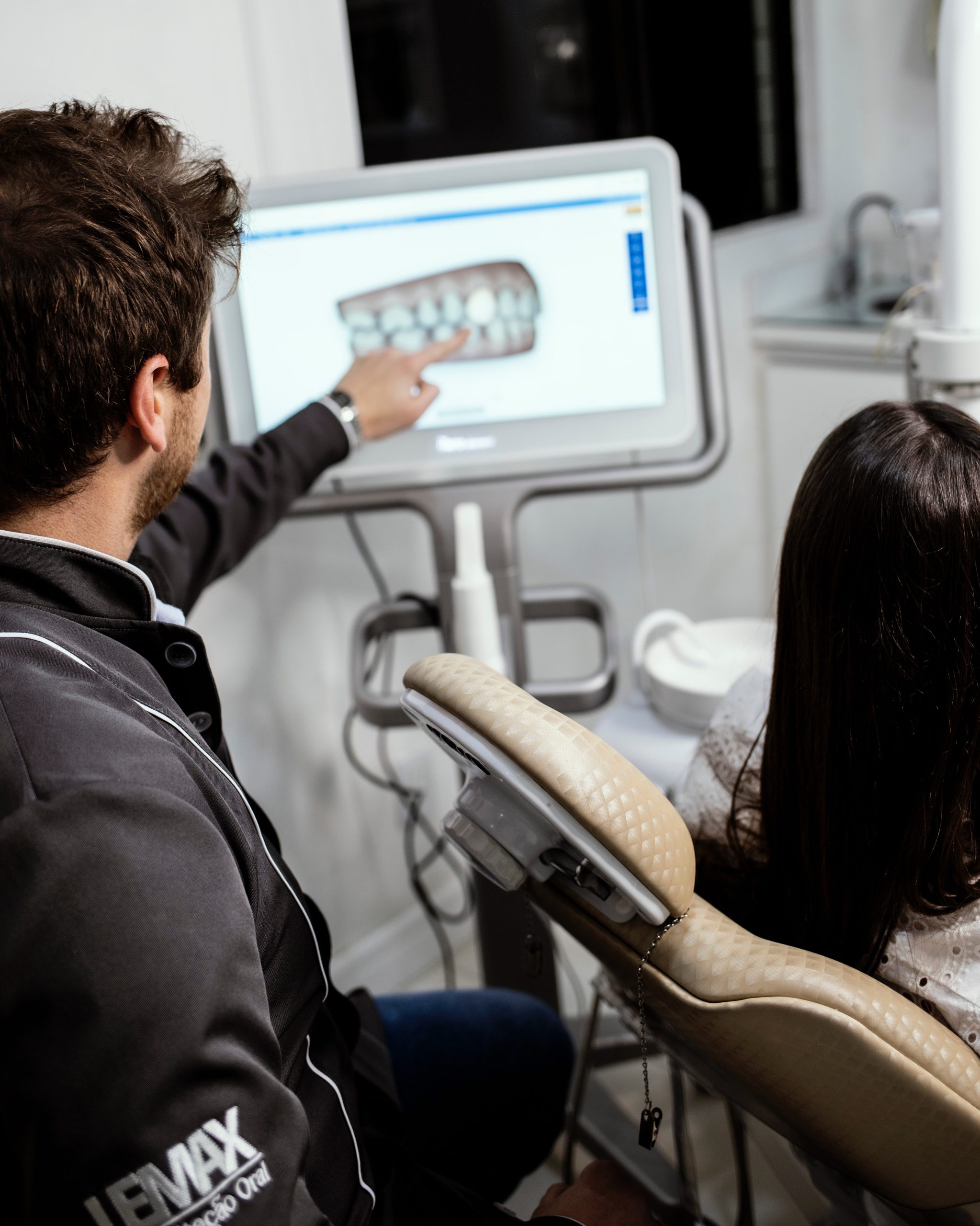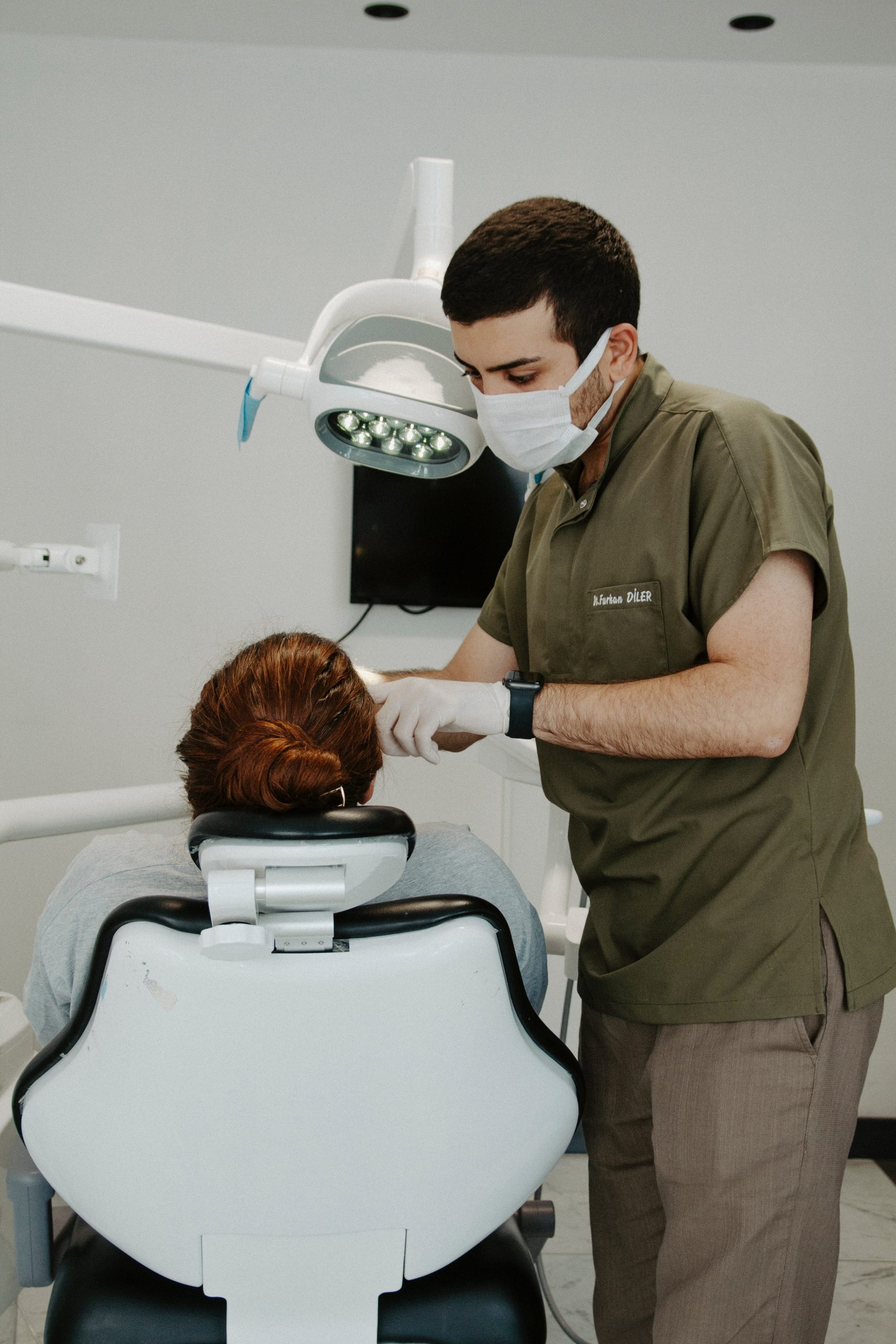
Patient education for informed consent for dental extractions
Dental extractions are a common dental procedure that involves the removal of a tooth from the mouth. While the procedure may seem simple, it is important to understand that there are risks and potential complications that come with any surgery. Therefore, it is essential that patients receive appropriate education before giving informed consent for dental extractions.
Risks and Benefits
It is important to educate patients about the risks and benefits of dental extractions. Patients should understand that while the procedure may alleviate pain and discomfort, it may also result in bleeding, infection, and damage to surrounding teeth or nerves. The benefits of the procedure, such as improved oral health, should also be clearly explained to the patient.
Alternatives
Patients should be informed about alternatives to dental extractions, such as root canal therapy or crowns, and their respective risks and benefits. This can help patients make informed decisions about their dental care and understand that extractions may not always be the best option.
Procedure
Patients should be educated on the procedure itself, including what to expect during and after the extraction. This includes information about local anesthesia, sedation, and the use of specialized tools to remove the tooth. Patients should also be informed about what to expect in terms of pain, swelling, and bleeding after the procedure, as well as how to care for the extraction site during the healing process.
Informed Consent
Informed consent is a crucial part of any medical procedure, including dental extractions. Patients should be informed about the risks and benefits of the procedure, as well as any potential alternatives. Patients should also be given the opportunity to ask questions and have their concerns addressed before giving their consent. Informed consent helps to ensure that patients are fully aware of the risks and benefits of the procedure and are making an informed decision about their dental care.
Conclusion
Patient education for informed consent for dental extractions is essential for ensuring that patients are fully informed about the risks, benefits, and alternatives of the procedure. Educating patients about the procedure, its risks and benefits, and alternatives, can help patients make informed decisions about their dental care. This, in turn, can lead to better outcomes and higher patient satisfaction.



